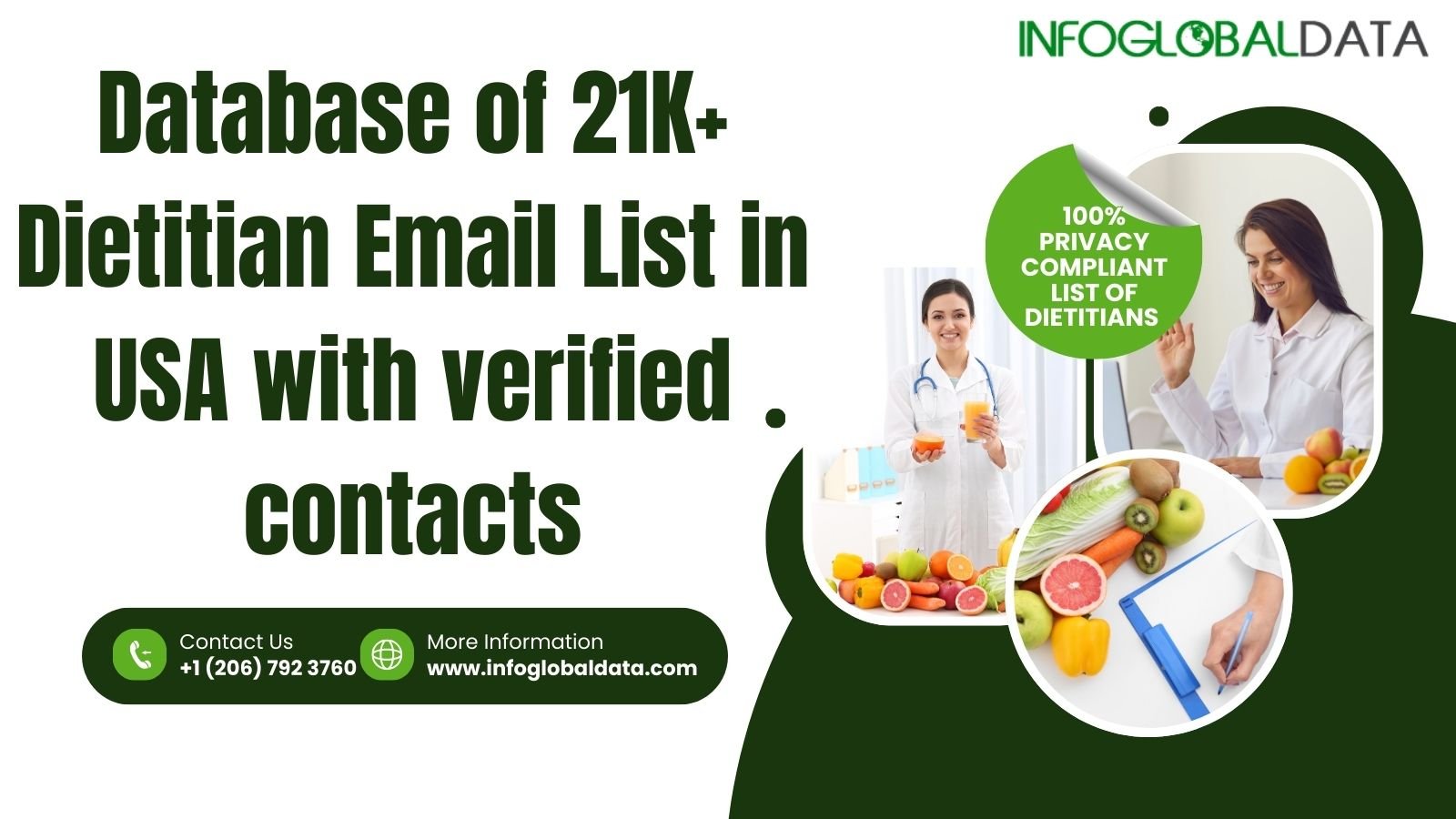I. Introduction
A. Understanding FDA Australia
FDA Australia ensures product safety, quality, and compliance with Australian health regulations. This certification guarantees that products meet the required standards and gives businesses access to an important market. Securing FDA Australia certification not only builds credibility but also opens doors for expansion, making it a key step in international business growth. Achieving this certification signals a company’s commitment to the highest standards of product safety, which resonates with both consumers and regulators alike. This helps companies stay competitive in an increasingly globalized marketplace.
B. The Growing Importance of Regulatory Compliance
With increasing global competition, regulatory compliance is more crucial than ever. FDA Australia’s role in ensuring product safety and quality aligns with global standards, making it indispensable for businesses targeting Australia. This certification builds trust and strengthens your position in a competitive marketplace. Moreover, regulatory compliance demonstrates that a company prioritizes consumer well-being, fostering long-term brand loyalty and consumer confidence in both domestic and international markets. It’s an essential element in maintaining a company’s reputation and meeting consumer expectations globally.
II. FDA Australia: What You Need to Know
A. What is FDA Australia Certification?
FDA Australia, or the Australian Therapeutic Goods Administration (TGA), is responsible for regulating medical products and pharmaceuticals in Australia. This certification ensures products meet rigorous safety and quality requirements before entering the market. Gaining FDA Australia certification gives your product credibility, ensuring consumers that it is safe and effective. It also simplifies the process for exporting products, as many other countries recognize Australia’s high regulatory standards. This international recognition opens up additional business opportunities in other regulated markets.
B. Categories of FDA Australia Certification
FDA Australia covers a wide range of products, including pharmaceuticals, medical devices, and therapeutic goods. Depending on the product, the certification process varies in complexity. Understanding these categories is crucial for streamlining your certification process and determining the necessary compliance steps for your specific product type. Each product category has unique regulatory pathways, and knowing the right approach can save valuable time and resources. By categorizing products appropriately, businesses can effectively prioritize their certification strategies to match market demands.
III. The Certification Process
A. Steps to Obtain FDA Australia Certification
The certification process for FDA Australia involves several steps, starting with product assessment and testing. Companies must provide comprehensive documentation, including safety data and proof of compliance with Australian regulations. Once these requirements are met, an application for certification is submitted to the Therapeutic Goods Administration (TGA) for review. A smooth process depends on accurate and complete documentation, ensuring that no step is overlooked. This helps avoid delays, increasing the likelihood of approval on the first attempt.
B. The Role of Third-Party Testing
For some products, third-party testing is required to verify compliance with Australian health and safety standards. These tests must be conducted by accredited laboratories to ensure accuracy and reliability. Working with certified testing organizations ensures your product meets FDA Australia’s stringent requirements, simplifying the approval process. Third-party testing can also provide valuable insights into potential improvements, increasing your product’s chances of passing the certification process. These tests help demonstrate your commitment to quality, increasing consumer confidence in your product.
IV. Overcoming Common Barriers
A. Navigating Complex Regulations
Australian regulations can be complex, especially for first-time applicants. Understanding the requirements for FDA Australia certification is essential to avoid delays or rejections. Partnering with compliance experts or consultants can help streamline the process and ensure all necessary documentation is accurately prepared. Familiarity with regulatory nuances allows businesses to anticipate potential obstacles, making the process smoother and more predictable. Having the right expertise at hand also reduces the risk of non-compliance, ensuring your product meets expectations.
B. Addressing Time and Cost Challenges
Obtaining FDA Australia certification can be time-consuming and costly, depending on the product. However, the benefits of accessing the Australian market far outweigh the investment. Companies should budget for testing, documentation, and regulatory fees, ensuring a smooth certification process. Being proactive in these areas helps minimize delays and unexpected costs, allowing businesses to stay on track with their market entry goals. Planning ahead also helps maintain momentum, preventing delays that could hinder your market expansion plans.
V. Benefits of FDA Australia Certification
A. Expanding Market Reach
FDA Australia certification provides businesses with access to the Australian market, a high-demand region for medical devices, pharmaceuticals, and healthcare products. It also enhances credibility and can serve as a stepping stone for gaining approval in other international markets. The increased visibility in Australia can lead to partnerships, further expanding your reach in the Asia-Pacific region. As a result, FDA Australia certification can position your product as a top choice for international distributors seeking reliable and compliant products.
B. Building Consumer Trust
Certification acts as a mark of quality and safety. Consumers in Australia and beyond are more likely to trust products that meet FDA Australia standards. This trust translates into stronger sales and customer loyalty, boosting your company’s reputation in competitive industries. FDA Australia certification also provides a competitive advantage in a crowded market, as consumers increasingly value product safety and reliability. The certification ensures that your product has undergone rigorous testing, providing added peace of mind to consumers.
VI. FDA Australia and Global Market Entry
A. A Gateway to International Business
FDA Australia certification often serves as a gateway to other international markets. Many countries recognize Australia’s stringent regulatory standards, so obtaining FDA Australia certification can expedite market entry in other regions. This recognition simplifies the process for businesses aiming to expand globally, opening doors to markets that might otherwise be difficult to penetrate. Furthermore, securing FDA Australia certification makes it easier to establish partnerships with international distributors and suppliers.
B. Leveraging FDA Australia for Competitive Advantage
FDA Australia certification can provide a competitive edge by demonstrating your commitment to quality and regulatory compliance. It helps you stand out in crowded markets, positioning your product as a trusted, safe, and effective choice for consumers and business partners. This distinction sets your brand apart, making it easier to attract both customers and investors in new markets. With increasing consumer demand for regulated and certified products, FDA Australia certification can give you an edge over non-compliant competitors.
VII. Ensuring Long-Term Compliance
A. Maintaining FDA Australia Certification
Once FDA Australia certification is obtained, businesses must continue to meet the required standards to maintain their certification. Regular audits, updated documentation, and ongoing compliance with Australian regulations ensure long-term success in the market. Keeping track of regulatory changes and implementing updates swiftly is essential to avoid any disruptions in product availability or compliance status. This ongoing vigilance helps companies maintain their competitive advantage and reputation.
B. The Importance of Ongoing Monitoring
Ongoing monitoring of product safety, quality, and regulatory adherence is crucial for sustaining FDA Australia certification. Companies must stay updated on any changes in Australian regulations and be prepared to implement any required adjustments quickly to maintain compliance. This continuous monitoring demonstrates a company’s commitment to excellence and ensures that products always meet the highest safety standards. Regular internal audits and compliance checks also help catch potential issues early, preventing costly setbacks.
VIII. Conclusion
A. FDA Australia: A Pathway to Market Leadership
FDA Australia certification is not just a regulatory requirement; it’s a key to unlocking global market potential. By meeting the stringent standards, businesses can build credibility, expand into new markets, and ensure consumer trust in their products. This certification elevates a brand, paving the way for long-term success and recognition in the global marketplace. It also supports sustained growth, making it easier for businesses to build strong relationships with both consumers and partners.
B. Embrace Certification for Sustainable Growth
With the increasing importance of product safety and compliance, FDA Australia certification is essential for businesses aiming for long-term success. Embracing this certification allows companies to stay ahead of the competition and position themselves as leaders in their industry. Companies that invest in FDA Australia certification gain a strategic advantage that pays dividends in market growth and consumer loyalty. By doing so, they ensure a brighter and more secure future in the global marketplace.












Leave a Reply